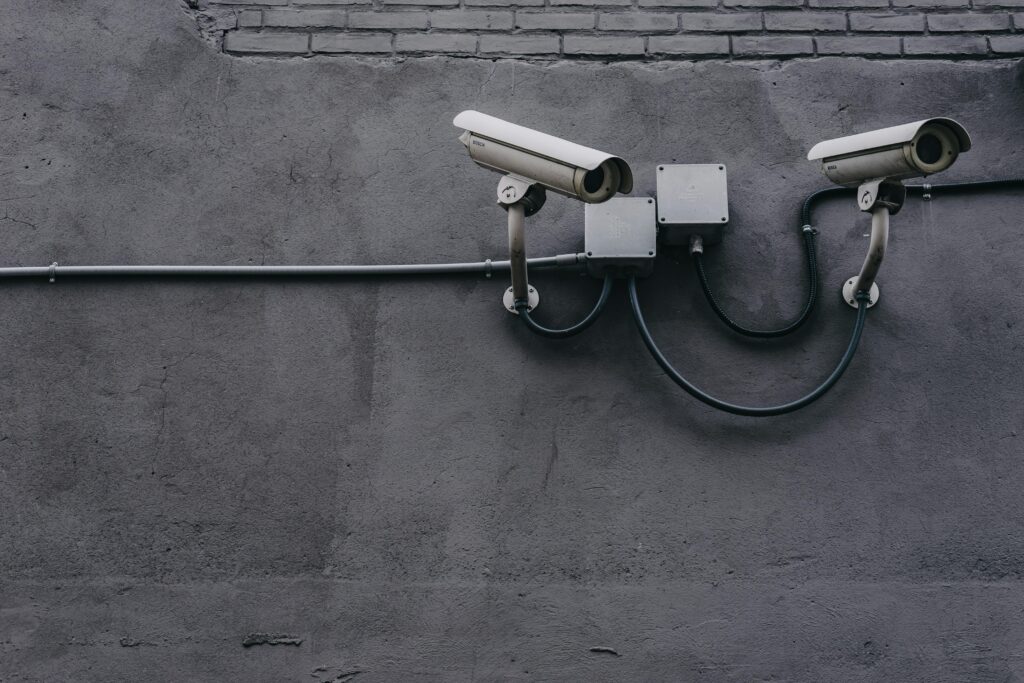Why Security Cameras Are More Important Than Ever
In today’s unpredictable world, ensuring the safety of our homes, families, and businesses is more important than ever. Rising incidents of theft, trespassing, and even package theft have made security cameras essential rather than optional. Acting like your personal digital watchdog, security cameras never sleep and always stay alert, offering both protection and peace of mind. This detailed guide is designed to walk you through everything about modern security cameras—from types and features to setup tips, legal considerations, and future trends. Whether you’re planning to buy your first camera or upgrade your existing system, you’ll find everything you need right here. Types of Security Cameras Wired vs. Wireless Security Cameras Indoor and Outdoor Cameras Camera Styles: Bullet, Dome, and PTZ IP Cameras vs. Analog Cameras Must-Have Features in Modern Security Cameras High Video Resolution Always aim for at least 1080p resolution for clear images. If you’re protecting large or high-risk areas, 4K resolution provides unmatched detail, useful for identifying faces and license plates. Night Vision Night surveillance is crucial. Opt for cameras with infrared (IR) night vision or color night vision to ensure visibility in low-light or complete darkness. Smart Motion Detection Today’s cameras can do more than record—they send real-time alerts when movement is detected. Some models use AI to differentiate between humans, animals, and vehicles to reduce false alarms. Two-Way Audio Cameras with built-in microphones and speakers allow for real-time communication. Talk to delivery personnel or warn intruders directly from your smartphone. Storage Options: Cloud vs. Local Facial Recognition and AI Integration Advanced cameras now use AI to recognize faces, vehicles, and even behaviors. These features make monitoring more efficient and reduce unnecessary notifications. Choosing the Right Camera for Your Needs Assess Your Requirements Before buying, ask yourself: Understanding your purpose helps narrow down options. Set a Practical Budget Security cameras come in various price ranges. You can get reliable models for under $100, but if you want features like facial recognition or 4K video, expect to pay more. Decide which features matter most to you. Smart Home Compatibility If you’re already using Alexa, Google Assistant, or Apple HomeKit, choose cameras that integrate seamlessly with your existing smart home devices. Installation Tips and Best Practices DIY vs. Professional Setup Strategic Placement Tips Install cameras in these key areas: Camera Maintenance for Long-Term Performance Keep the Firmware Updated Manufacturers often release updates to improve security and performance. Set your system to auto-update or check monthly. Clean and Adjust Camera Angles Dirt, insects, or poor placement can ruin footage. Wipe lenses monthly and ensure your camera is pointing in the right direction. Know the Law: Privacy and Legal Considerations Understand Recording Regulations Different regions have different laws regarding video and especially audio recording. Some require clear signs or consent for indoor use—check your local laws to stay compliant. Respect Neighbor Privacy Never angle your camera into someone else’s property. It’s not only unethical—it can lead to legal trouble. Top Security Camera Brands in 2025 Here are some of the most trusted brands this year: Pros and Cons of Installing Security Cameras Pros: Cons: What’s Next? Future of Security Camera Tech Security technology is evolving rapidly. Expect to see: Conclusion Security cameras have become more than just surveillance tools. They are smart, adaptable, and essential for modern safety. By understanding your needs and knowing what to look for, you can make a smart investment that protects your loved ones and your property for years to come. Frequently Asked Questions 1. What’s the best security camera for homes?Wireless indoor/outdoor models with motion detection and cloud storage are usually a great fit. 2. Can I legally install security cameras?Yes, as long as you’re not recording others without consent in private areas. 3. Do I need Wi-Fi for security cameras?Not necessarily. Some cameras work with SD cards or DVRs without internet, but you’ll miss out on remote access features. 4. How can I view my camera remotely?Most modern systems have companion apps that allow live viewing and two-way audio from your smartphone. 5. How long do security camera systems last?With good maintenance, most systems last 5 to 10 years or longer.
Why Security Cameras Are More Important Than Ever Read More »
